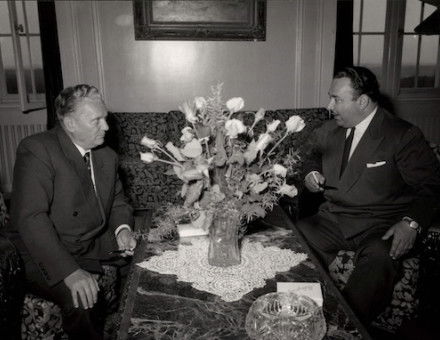The West and the Middle East: Fierce Rivalries
Andrew Lycett untangles the complex story of how the West’s involvement in Middle Eastern affairs has been interpreted by historians.

The West has recently cooled in its enthusiasm for military intervention in the Middle East. Following costly incursions into Iraq, Afghanistan and Libya, there has been no stomach for military action in Syria.
That does not mean it has turned its back on the region. The Levant, West Asia, the Arab world – whatever you call it – has long been a focus of competing western cultural, political and economic interests.
This tradition stretches back to the Crusades, though it took its modern form in the mid-19th century, after a combination of biblical scholarship and archaeological excavation fuelled renewed fascination with the Holy Land. The ensuing philosemitism coincided with the growth of political Zionism, stimulating an atmosphere sympathetic to Jewish national aspirations.





